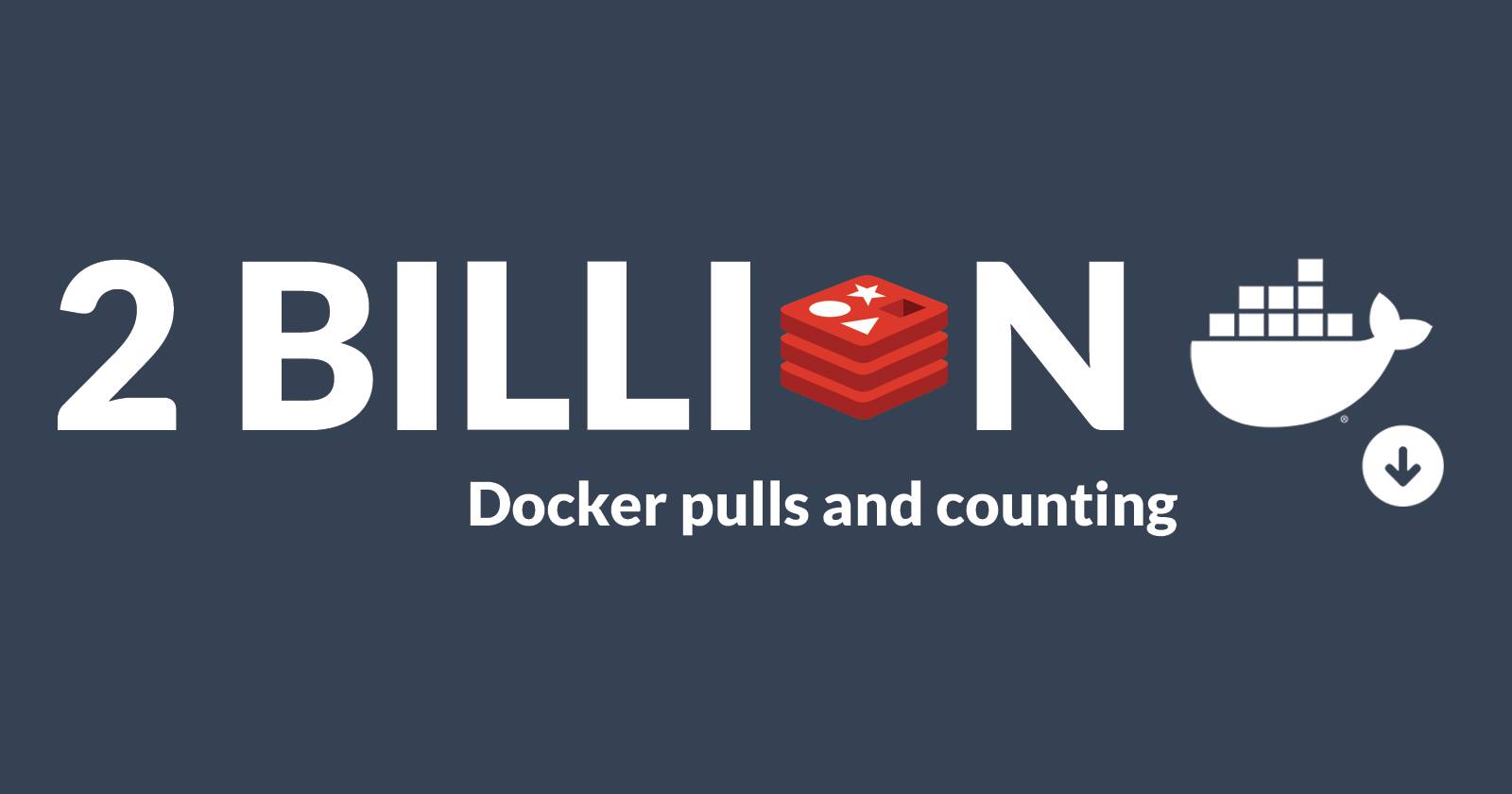Free and open source software enables the world as we know it in 2019. From Web servers to kiosks to the big data algorithms mining your Facebook feed, nearly every computer system you interact with runs, at least in part, on free software. And in the larger tech industry, free software has given rise to a galaxy of startups and enabled the largest software acquisition in the history of the world.
Free software is a gift, a gift that made the world as we know it possible. And from the start, it seemed like an astounding gift to give. So astounding in fact that it initially made businesses unaccustomed to this kind of generosity uncomfortable. These companies weren't unwilling to use free software, it was simply too radical and by extension too political. It had to be renamed: "open source."
Once that happened, open source software took over the world.
Recently, though, there's been a disturbance in the open source force. Within the last year, companies like Redis Labs, MongoDB, and Confluent all changed their software licenses, moving away from open source licenses to more restrictive terms that limit what can be done with the software, making it no longer open source software.
The problem, argue Redis Labs, MongoDB and others, is a more modern tech trend: hosted software services. Also known as, "the cloud." Also known as Amazon AWS.
Amazon, for its part, came out swinging, releasing its own version of the code behind Elastic Search this spring in response to licensing changes at Elastic (the company behind Elastic Search). And besides a new trademark dispute over Amazon's naming convention, Elastic has a very different response from that of MongoDB and Redis—it hasn't said a word in protest.
Cloud burst
MongoDB the company is built around the open source "NoSQL" database of the same name. MongoDB's database is useful for storing unstructured data, for example images, which it can handle just as well as it handles more traditional data types. Data is stored in JSON-like documents rather than the columns and rows of a relational database. Since there's no structured tables there's no "structured query language" for working with the data, hence the term "NoSQL."




 Loading comments...
Loading comments...
